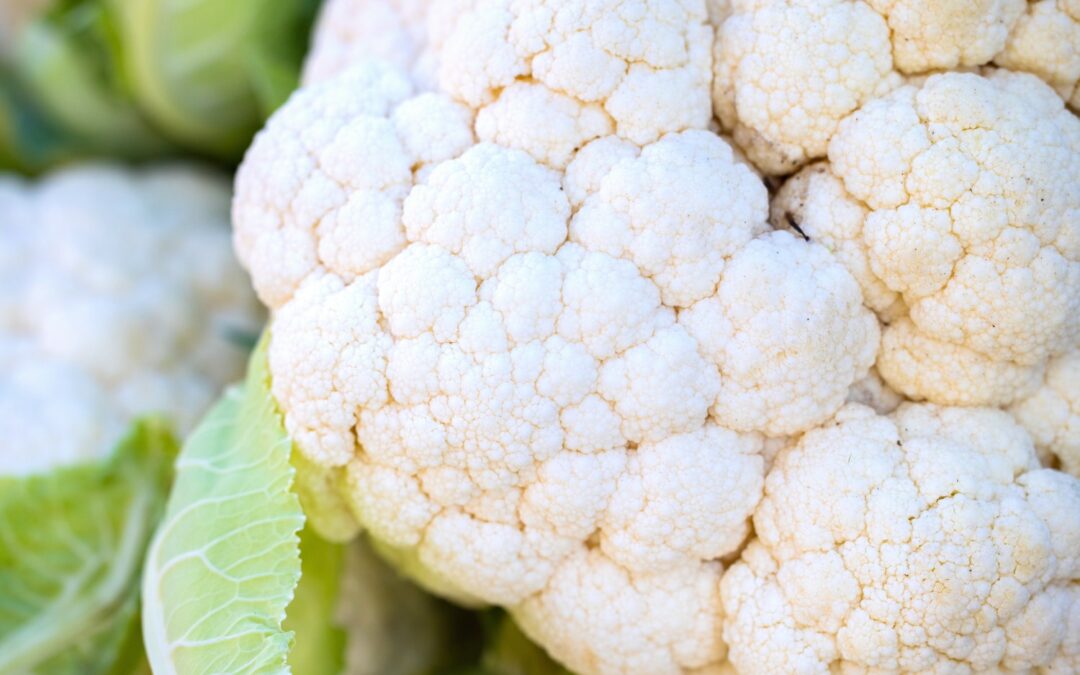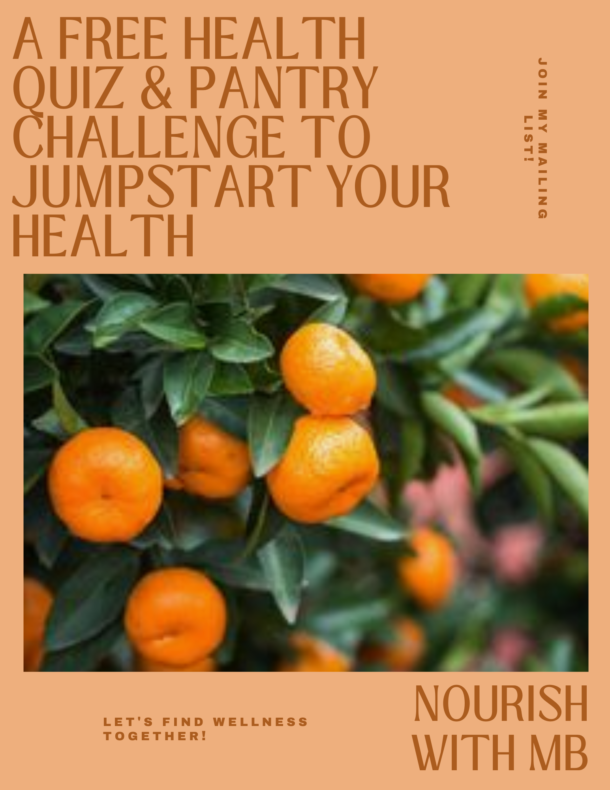In the world of nutrition, pesticide residues on fruits and vegetables often spark considerable attention, with the Dirty Dozen list often taking center stage in discussions about food safety and which fruits and vegetables are safe to eat or are the most nutritious. While awareness about pesticide exposure is incredibly important, it’s equally important to recognize that the overarching goal of nutrition should be to eat more fruits and vegetables regardless of where they come from. Sometimes people will fixate solely on the potential risks associated with certain produce items or become flustered that they can’t afford all organic produce, which can cause a freeze reaction where people do nothing out of fear of making the wrong decision. In fact, in a report by the Centers for Disease Control (CDC) only one in 10 adults eat the recommended daily amount of vegetables per day. So, it’s time to shift the conversation away from the minute details of health that often make people confused and move towards the bigger picture: most people need to eat more fruit and vegetables. And, most people need to prioritize eating more nutrient-rich foods without letting concerns about the Dirty Dozen overshadow the broader goal of improving dietary habits for better health.
The Dirty Dozen: Understanding the Concerns
The Dirty Dozen list, released annually by the Environmental Working Group (EWG), highlights twelve fruits and vegetables reportedly containing the highest pesticide residues when conventionally grown. This list, undoubtedly, has sparked necessary conversations about pesticide exposure and its potential health impacts. It has empowered consumers to make more informed choices about the produce they purchase, steering many towards organic options or encouraging homegrown alternatives. However, as we delve deeper into the discussion around the Dirty Dozen, it becomes clear that while its intentions are noble, its implications can sometimes overshadow a more pressing dietary need.
The Dirty Dozen

Prioritizing Vegetable Consumption: The Greater Good
Amidst the noise of pesticide concerns, we should not lose sight that the overarching goal of nutrition should always be to promote the consumption of nutrient-rich foods, and few categories fit this description better than fruits and vegetables. These vibrant, colorful foods of nature are packed with essential vitamins, minerals, fiber, and antioxidants, all of which play important roles in supporting our health and well-being. From reducing the risk of chronic diseases to promoting healthy weight management and enhancing overall vitality, the benefits of eating lots of vegetables are vast and undeniable.
Striking a Balance: A Call to Action
So, where does this leave us in our quest for a healthier diet? It’s about striking a balance. Yes, the Dirty Dozen raises valid concerns about pesticide residues, and it’s important to consider these when making food choices. However, let’s ensure that our concern for pesticide exposure doesn’t overshadow the crucial need to increase vegetable intake. Instead of being paralyzed by fear, let’s empower ourselves with knowledge and take practical steps towards a more balanced approach. Choose organic options where feasible, prioritize locally sourced produce, and consider incorporating more homegrown vegetables into your diet. In addition, frozen fruits and vegetables are wonderful options that are nutrient dense and often picked at the height of ripeness. And, if canned vegetables or fruit is all you have access to then that is also a better option than not eating any produce at all. The message should be to eat fruits and vegetables…period. And, that a non-organic strawberry is going to provide greater health benefits than a bowl of mac-n-cheese. So, let’s celebrate the abundance of flavors and nutrients that fruits and vegetables offer us each day no matter how they’re grown, stored or bought.
A Reminder
Overall, the Dirty Dozen serves as a valuable reminder of the importance of mindful food choices in an era where the quality of our food supply is increasingly scrutinized and laden with chemicals. However, let’s not allow concerns about pesticide residues to overshadow the broader goal of fostering a healthier relationship with food and eating a more nutrient dense diet found in fruits and vegetables. By prioritizing vegetable consumption and adopting a balanced approach to our dietary choices, we can nourish our bodies, support our health, and find joy in a diverse diet that nourishes ourselves and our family. So, let’s eat our vegetables first and worry about the Dirty Dozen later. After all, a plate abundant with colorful produce is a testament to a life well-nourished.


